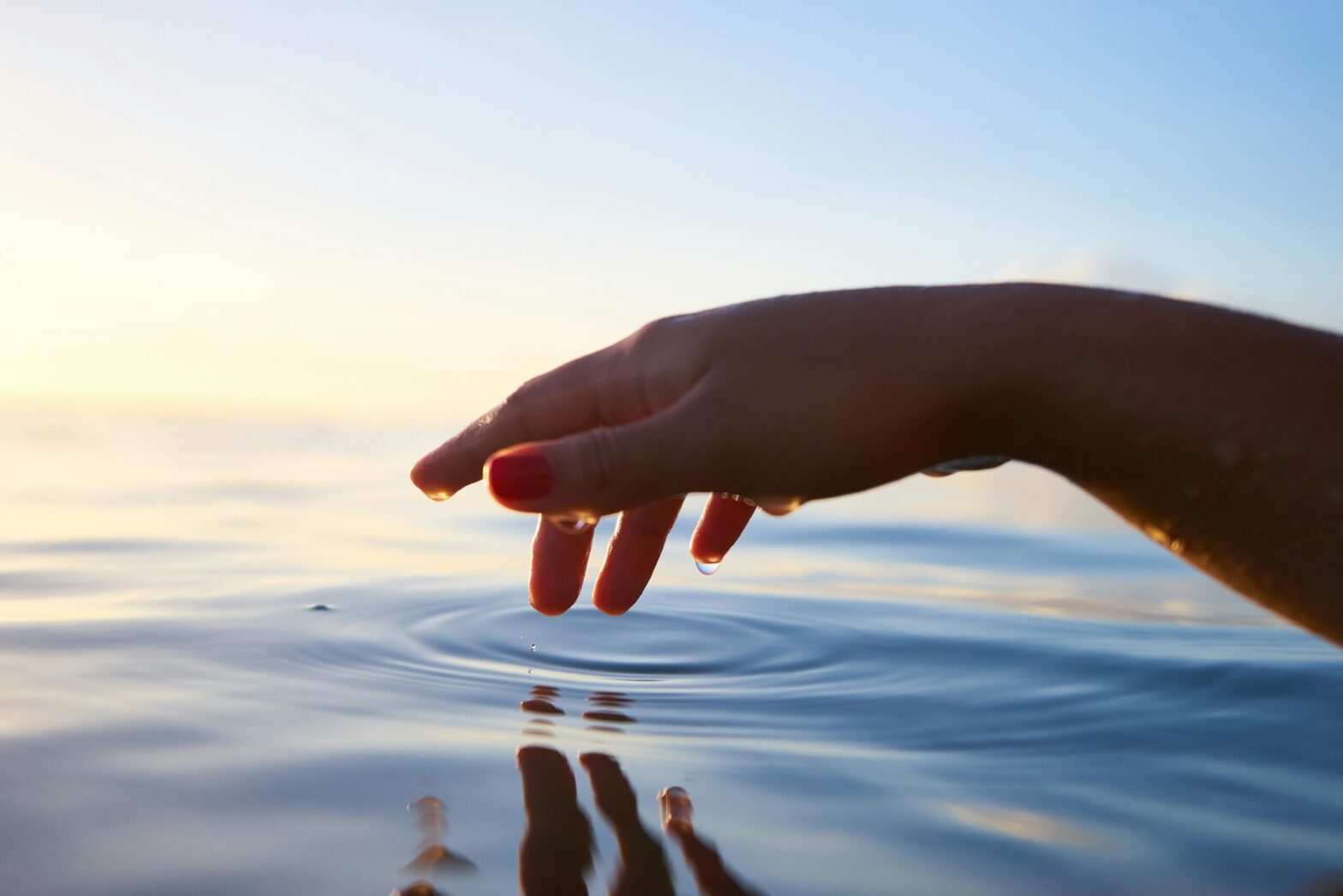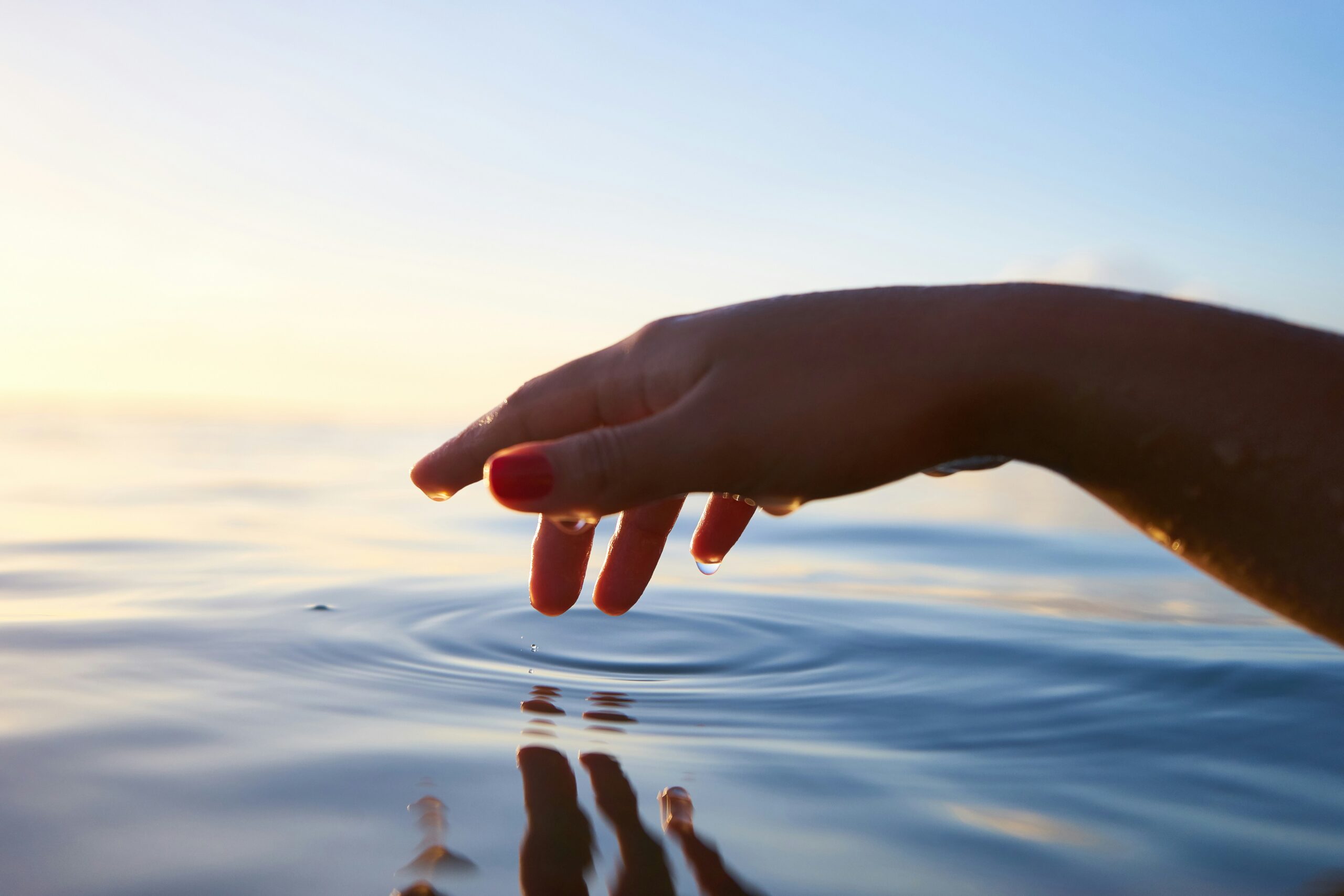
Mem Moment
Moishe Moment | Time for Healing

Rosh Chodesh Iyyar By Rabbi Sofia Zway, Base LA
The Rabbis teach us that the Hebrew month Iyyar is an acronym for the phrase, Ani Adonai Rofecha, I am The Eternal your Healer. During this 2nd month of the Hebrew calendar, we mark the period between Passover and Shavuot known as the Omer, and celebrate the Israeli National Holidays of Yom Ha’Atzmaut and Yom HaZikaron, Independence Day and Memorial Day. The goal of the month of Iyyar is to offer us the time and tools for healing. Passover celebrates our release from slavery in Egypt, while Shavuot celebrates our receiving of Divine revelation and becoming a nation anchored by our covenant with God. But the journey from slavery to revelation requires time for healing: healing from the trauma of bondage, healing from the pain of leaving behind the only life we ever knew, healing from the pain we inflicted on others for the sake of our redemption. Our Israeli national holidays also invite us into the space of healing, as we celebrate our modern-day redemption and commemorate the pains and losses that came along the way. The month of Iyyar invites us to consider where we need to heal as individuals and as a collective. It also reminds us that healing does not happen in a single moment, but that it comes with time and space, through ritual and community. We can also rely on God, the Source of Healing, to bring us refu’ah shleimah, complete healing, when we need it most. Chodesh tov! What healing do you seek this Iyar? To whom or what can you turn to begin that healing journey?